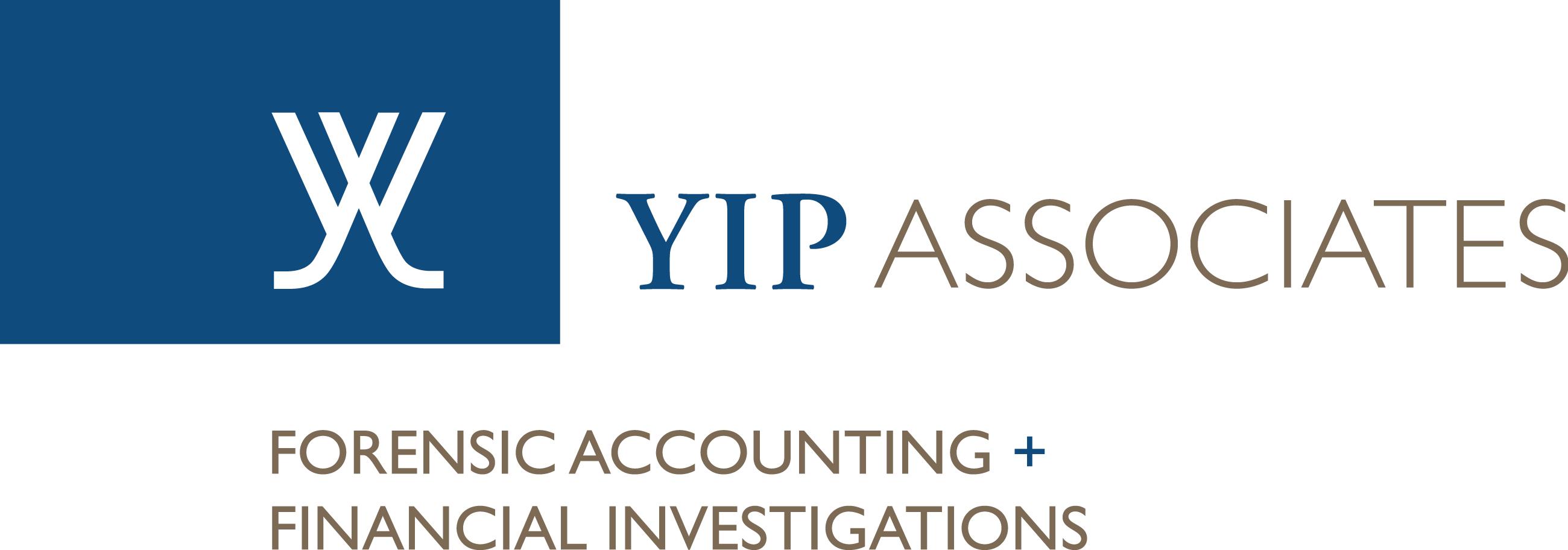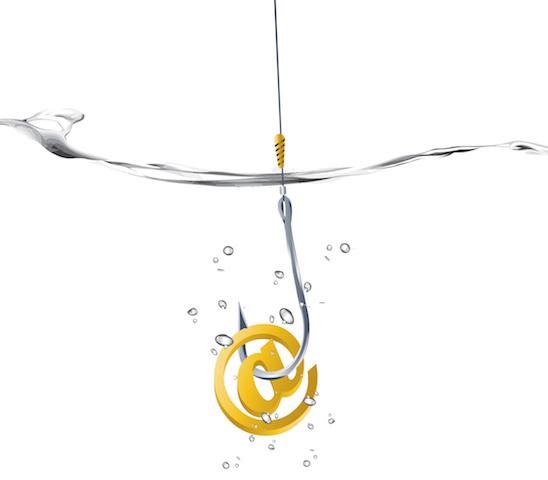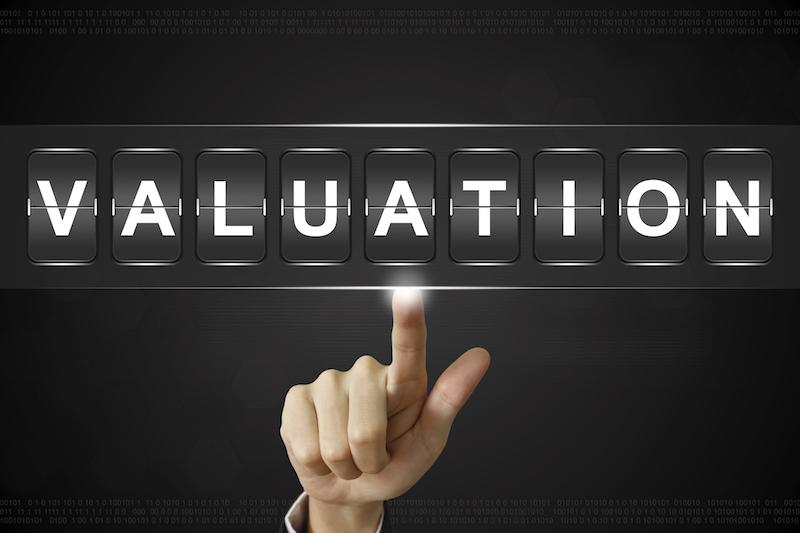Did you hear about the deviant forensic accountant?
He got his client’s charges reduced from gross indecency to net indecency.
Hidden behind the humor in this joke that only an accountant would understand is this simple truth: a forensic accountant is one part accountant and one part lawyer. Where traditional accountants focus primarily on compiling and organizing finances, the job of a forensic accountant is to investigate finances. Whether that investigation is for the purpose of determining economic damages, providing litigation support, providing dispute support, advising on finances, or detecting and preventing fraud depends on the exact job specifications of the forensic accounting job.
Fraud Investigation, Detection, and Prevention
Forensic accounting as a means of investigating and preventing fraud is a profession that has gained fame from television shows like “Law & Order,” where forensic accountants help detectives and prosecutors detect financial corruption. While the depictions aren’t perfect, they give a good sense of the intermingling of legal and accounting skills necessary to be a successful forensic accountant. Forensic accountants need to be skilled at detecting signs of bribery and corruption, asset misappropriation, and fraud risk.
Certification
While anyone with appropriate training can be a forensic accountant, potential employers and clients recognize a Forensic Accounting Certified Fraud Examiner (CFE) as evidence of strong knowledge and skills in forensic accounting. This certification assures the hiring body or client that the forensic accountant follows a code of professional ethics, engages in a high standard of work, and is subject to disciplinary action if any of these standards or ethics are violated.
Qualifications and Application Process
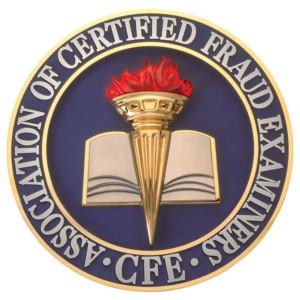 Certification is a sign of excellence, and as such, is not for everyone. Only those who are truly dedicated to their career and their profession can achieve this high standard. To qualify for a CFE credential requires a combination of education and work background. It is possible to qualify with minimal education, but ACFE recommends at least a bachelor’s degree, preferably in a field related to business, accounting, or law. Regardless of education level, the candidate must also have a minimum of two years work experience in the field of accounting, law, fraud investigation, loss protection, or criminology. All these qualifications are assigned a point value, and only applicants with at least a score of 50 points can earn this certification.
Certification is a sign of excellence, and as such, is not for everyone. Only those who are truly dedicated to their career and their profession can achieve this high standard. To qualify for a CFE credential requires a combination of education and work background. It is possible to qualify with minimal education, but ACFE recommends at least a bachelor’s degree, preferably in a field related to business, accounting, or law. Regardless of education level, the candidate must also have a minimum of two years work experience in the field of accounting, law, fraud investigation, loss protection, or criminology. All these qualifications are assigned a point value, and only applicants with at least a score of 50 points can earn this certification.
One important aspect of the CFE’s point system is that applicants possessing at least a bachelor’s degree, but without the two years work experience, are permitted to sit for the exam. Then, at the end of two years working, they can fully qualify for the CFE credential.
For a candidate that qualifies, there is a five step process that must be followed.
1. Apply for and receive acceptance as an associate member of the ACFE
2. Prepare to take the CFE exam
3. Apply to take the CFE exam. This application must include proof of your education and recommendations from professionals
4. Successfully pass the Certified Fraud Examiner examination
5. Receive approval from the ACFE certification committee
Preparing for the Exam
The most difficult part of the certification process is passing the exam. Unless the candidate has specific training in forensic accounting, the examination is likely testing skills that the candidate has never before had to demonstrate. An ideal way to make passing this examination easier is to enroll in a Masters of Accounting in Forensic Accounting program, like the Masters program available at Florida Atlantic University, which students may attend on-campus, fully online, or via live web video conference.
The FAU Forensic Accounting Masters Program allows the candidate to work and gain valuable experience while learning the unique fraud detection, investigation, and prevention skills that are critical for the type of forensic accounting work that requires a Certified Fraud Examiner credential. The skills learned in such a program are critical to passing the test as well as to the work the forensic accountant will perform while working in the field.
